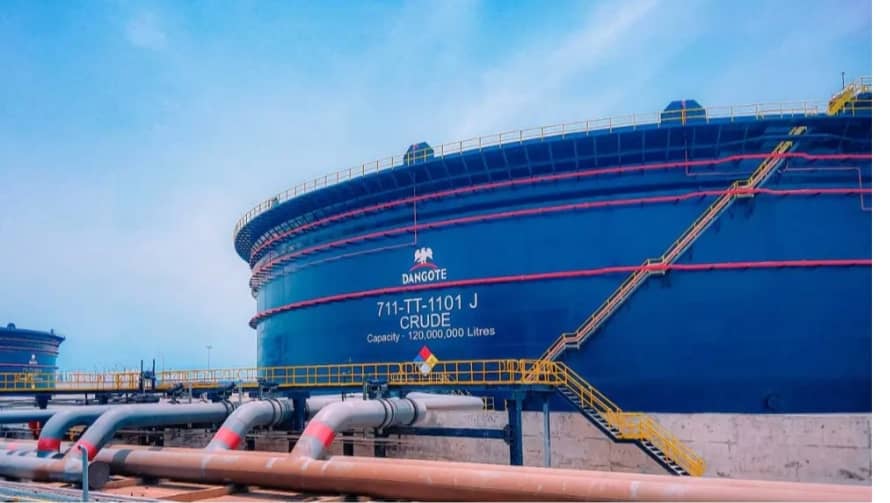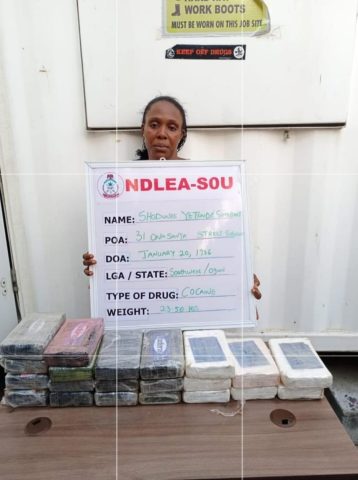The Management of Dangote Petroleum Refinery has debunked recent reports alleging a shutdown of its operations, reassuring the general public and marketers that its activities remain fully active and stable.
This was disclosed in an official statement by the Group Chief Branding and Communications Officer, Anthony Chiejina, the refinery’s management categorically denied claims that truck loading was suspended or production has been interrupted. “The Dangote Petroleum Refinery is fully operational. There has been no shutdown, nor has there been any suspension of truck loading activities” the statement added.
The refinery also clarified that the intermittent sale of Residual Catalytic Oil (RCO) is part of normal business operations, often involving large parcel sales, which explains the recent fuel oil tender.
According to the management, Dangote Petroleum Refinery consistently supplies over 40 million litres of PMS daily, alongside steady volumes of Automotive Gas Oil (diesel). These supplies continue unabated, despite speculation suggesting otherwise.
“As the world’s largest single-train petroleum refinery, the facility employs advanced predictive and preventive maintenance protocols to ensure uninterrupted operations. Routine maintenance activities are standard and do not impact the overall fuel supply” the statement further maintained.
In response to speculation about potential supply shortages and price increases, the refinery challenged those sponsoring the rumour that;
“To those who believe this misinformation and anticipate a bullish market, we extend a challenge: We invite interested buyers to place immediate orders for up to 40 million litres of PMS daily and 15 million litres of AGO daily, for the next 90 days.
The refinery reaffirmed its commitment to transparency and Nigeria’s energy security, urging the public to disregard unfounded rumours sponsored by unscrupulous and unpatriotic individuals seeking to undermine the country’s energy independence for their own selfish interests, including the importation of substandard fuels under the false pretext of domestic supply shortages.





